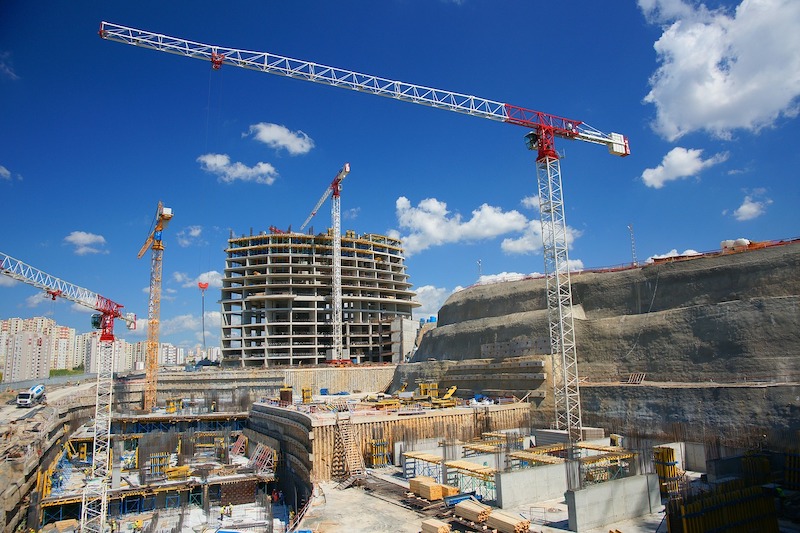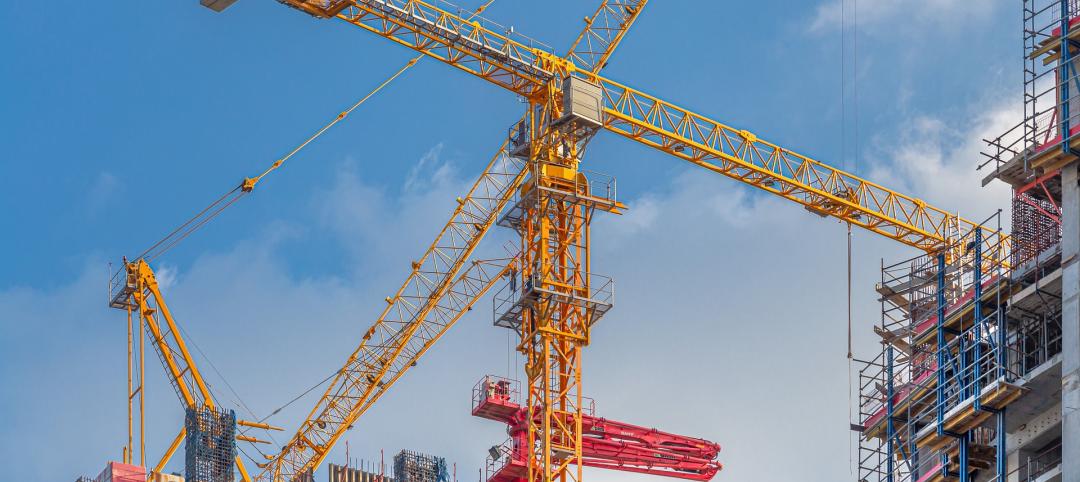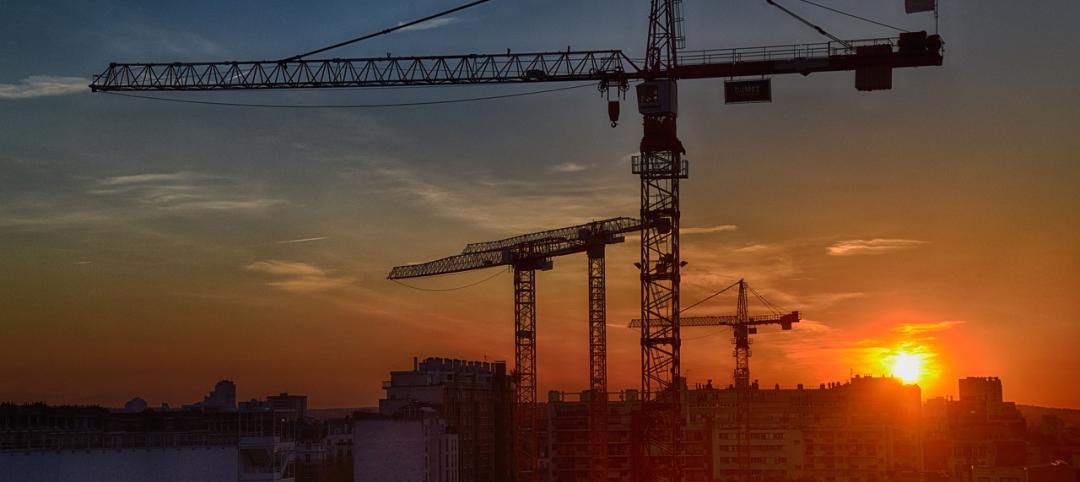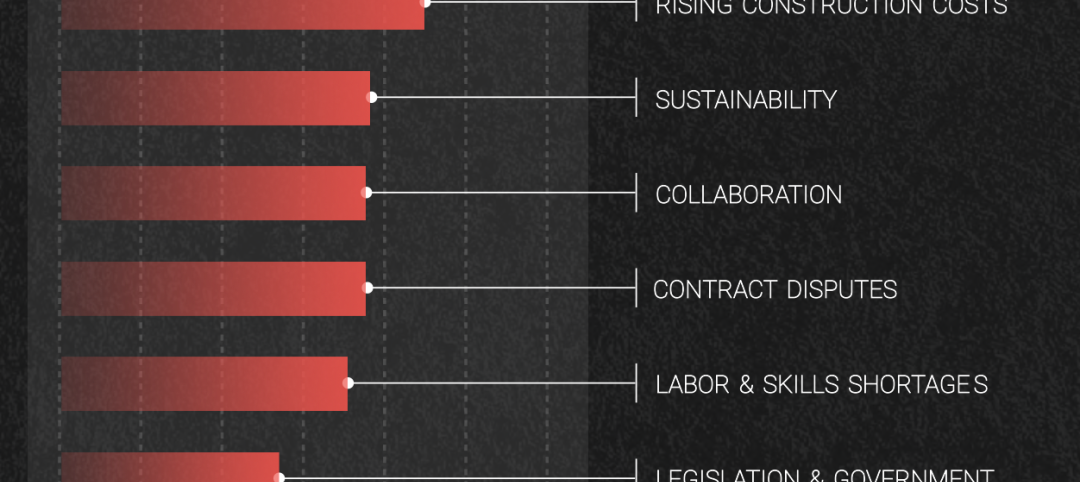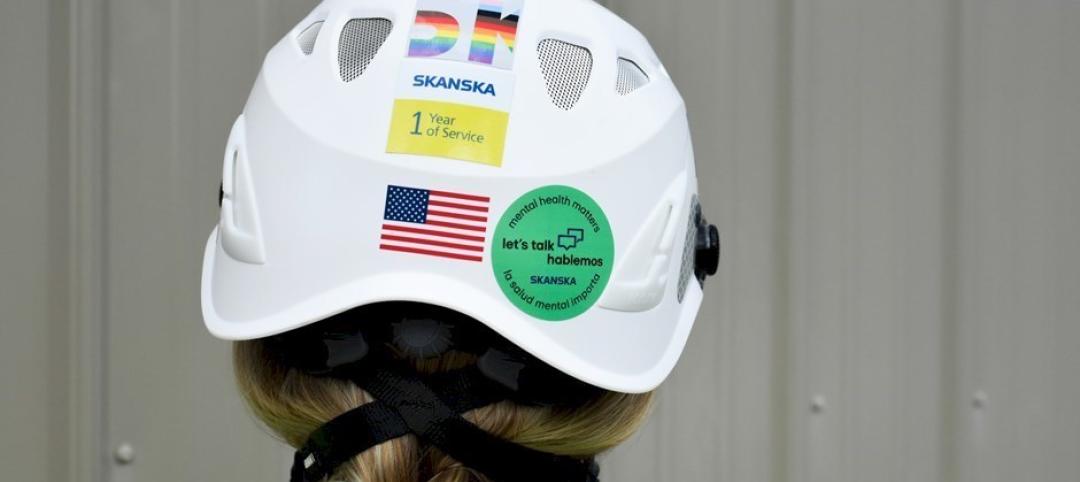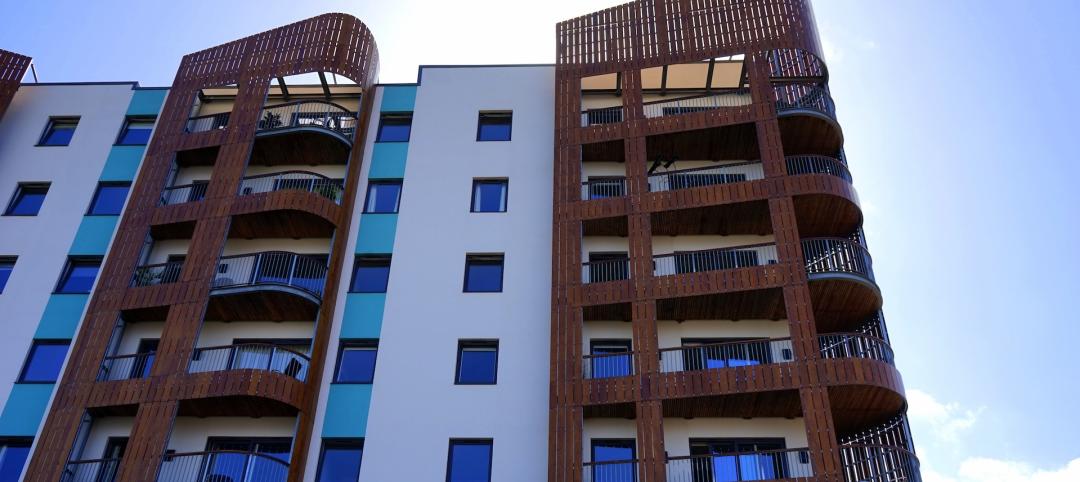Three-fourths of all metro areas added construction jobs between July 2020 and last month, according to an analysis by the Associated General Contractors of America of government employment data released today. Association officials noted that while many metro areas have added jobs since last summer, construction employment still lags pre-pandemic levels in many areas as the industry faces a host of challenges.
“The rapid spread of the delta variant of coronavirus, along with soaring materials costs and multiple supply-chain difficulties, appears to be causing some project owners to delay starting construction,” said Ken Simonson, the association’s chief economist. “However, the virus flare-up threatens further job gains, particularly because construction workers have a lower vaccination rate and thus a higher risk of becoming ill than other occupations.”
Construction employment increased in 268 out of 358 metro areas over the last 12 months. Seattle-Bellevue-Everett, Wash. added the most construction jobs (10,200 jobs, 10%), followed by Sacramento--Roseville--Arden-
Construction employment declined from a year earlier in 54 metros and held steady in 36. Houston-The Woodlands-Sugar Land, Texas lost the most jobs: 7,000 or 3%, followed by New York City (-6,300 jobs, -4%); Miami-Miami Beach-Kendall, Fla. (-3,500 jobs, -7%); Nassau County-Suffolk County, N.Y. (-2,400 jobs, -3%) and Calvert-Charles-Prince George’s, Md. (-2,400 jobs, -7%). The largest percentage declines, 11%, were in Atlantic City-Hammonton, N.J. (-600 jobs) and Evansville, Ind.-Ky. (-1,100 jobs), followed by 9% decreases in Tuscaloosa, Ala. (-600 jobs) and Victoria, Texas (-300 jobs).
Association officials urged federal officials to take steps to address supply-chain woes and boost demand for many types of construction services. They continued to call for the removal of tariffs on a host of critical construction materials, including steel and aluminum. And they urged the House of Representatives to quickly pass bipartisan infrastructure legislation that would give a needed boost to construction demand at a time when many private sector owners are rethinking projects amid rising prices and the spiking coronavirus cases.
“Washington officials have the ability to help offset soaring materials prices and boost flagging demand for commercial construction,” said Stephen E. Sandherr, the association’s chief executive officer. “The president should put an immediate end to tariffs that are needlessly inflating the cost of key materials and members of the House should rapidly approve the bipartisan infrastructure bill.”
Related Stories
Market Data | Jul 5, 2023
Nonresidential construction spending decreased in May, its first drop in nearly a year
National nonresidential construction spending decreased 0.2% in May, according to an Associated Builders and Contractors analysis of data published today by the U.S. Census Bureau. On a seasonally adjusted annualized basis, nonresidential spending totaled $1.06 trillion.
Apartments | Jun 27, 2023
Average U.S. apartment rent reached all-time high in May, at $1,716
Multifamily rents continued to increase through the first half of 2023, despite challenges for the sector and continuing economic uncertainty. But job growth has remained robust and new households keep forming, creating apartment demand and ongoing rent growth. The average U.S. apartment rent reached an all-time high of $1,716 in May.
Industry Research | Jun 15, 2023
Exurbs and emerging suburbs having fastest population growth, says Cushman & Wakefield
Recently released county and metro-level population growth data by the U.S. Census Bureau shows that the fastest growing areas are found in exurbs and emerging suburbs.
Contractors | Jun 13, 2023
The average U.S. contractor has 8.9 months worth of construction work in the pipeline, as of May 2023
Associated Builders and Contractors reported that its Construction Backlog Indicator remained unchanged at 8.9 months in May, according to an ABC member survey conducted May 20 to June 7. The reading is 0.1 months lower than in May 2022. Backlog in the infrastructure category ticked up again and has now returned to May 2022 levels. On a regional basis, backlog increased in every region but the Northeast.
Industry Research | Jun 13, 2023
Two new surveys track how the construction industry, in the U.S. and globally, is navigating market disruption and volatility
The surveys, conducted by XYZ Reality and KPMG International, found greater willingness to embrace technology, workplace diversity, and ESG precepts.
| Jun 5, 2023
Communication is the key to AEC firms’ mental health programs and training
The core of recent awareness efforts—and their greatest challenge—is getting workers to come forward and share stories.
Contractors | May 24, 2023
The average U.S. contractor has 8.9 months worth of construction work in the pipeline, as of April 2023
Contractor backlogs climbed slightly in April, from a seven-month low the previous month, according to Associated Builders and Contractors.
Multifamily Housing | May 23, 2023
One out of three office buildings in largest U.S. cities are suitable for residential conversion
Roughly one in three office buildings in the largest U.S. cities are well suited to be converted to multifamily residential properties, according to a study by global real estate firm Avison Young. Some 6,206 buildings across 10 U.S. cities present viable opportunities for conversion to residential use.
Industry Research | May 22, 2023
2023 High Growth Study shares tips for finding success in uncertain times
Lee Frederiksen, Managing Partner, Hinge, reveals key takeaways from the firm's recent High Growth study.
Multifamily Housing | May 8, 2023
The average multifamily rent was $1,709 in April 2023, up for the second straight month
Despite economic headwinds, the multifamily housing market continues to demonstrate resilience, according to a new Yardi Matrix report.


